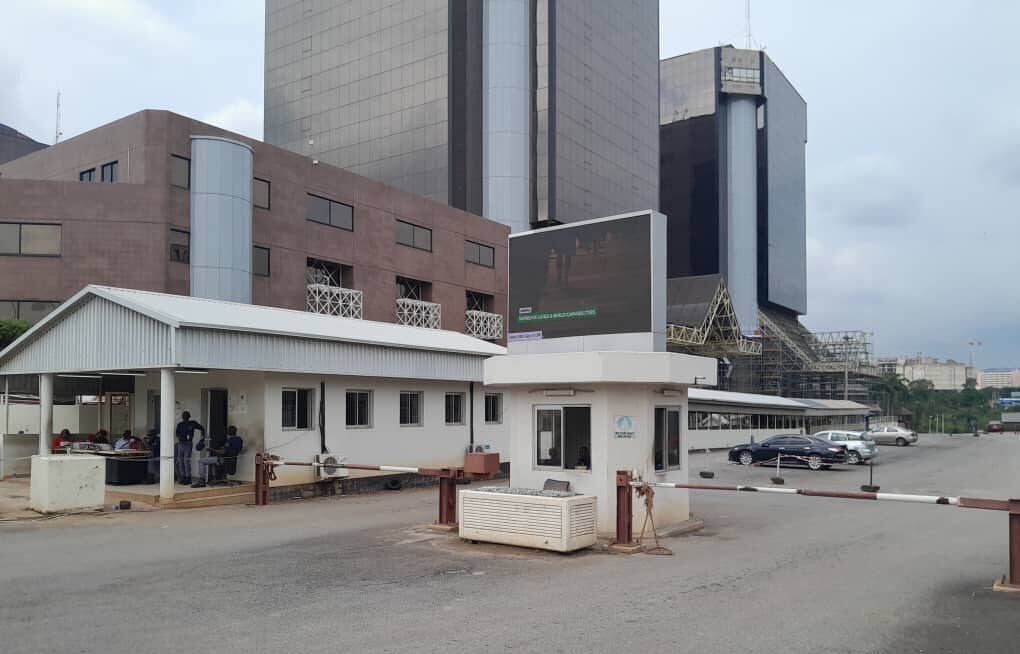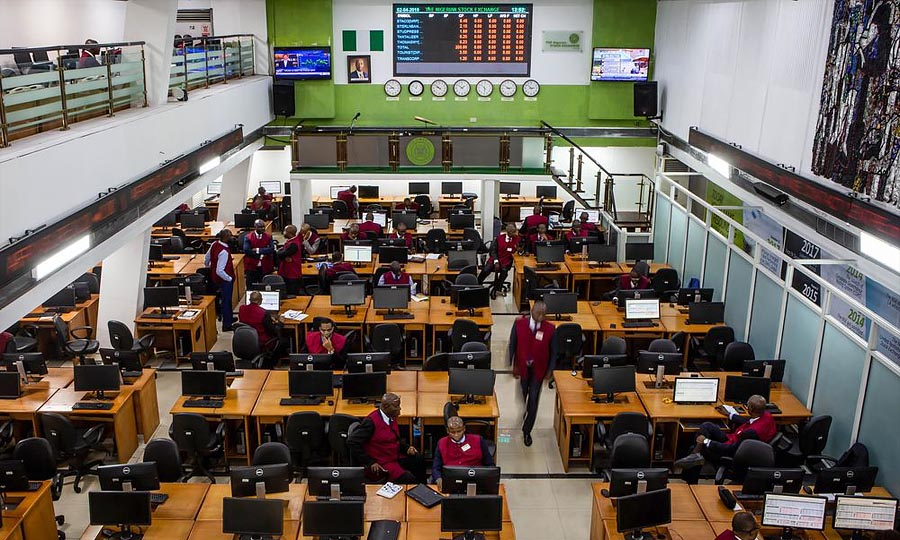Besides the Presidency, there is need to hold the states and local governments to account, argues SONNY IROCHE
In the intricate tapestry of Nigeria’s federal republic, the structure of governance is designed to distribute power and responsibilities across multiple layers, fostering development from the grassroots to the national level. With one President and one Vice President at the helm, 36 states each governed by elected executives, and 774 Local Government Areas (LGAs) tasked with delivering services closest to the people, Nigeria boasts a system that, on paper, promises efficiency and inclusivity. Add to this a bicameral National Assembly comprising 109 senators and 360 representatives, and the framework appears robust, with extreme high running costs. Yet, beneath this veneer lies a colossal burden: an exorbitantly high cost of governance that drains the nation’s resources while ordinary citizens grapple with unprecedented hardships. It is time for Nigerians to shift their gaze from the Aso Rock Villa and scrutinize the profligacy at state and local levels, where accountability remains alarmingly absent. And review the bicameral legislation, to consider a much cheaper unicameral parliamentary system.
The Nigerian federation, established to balance power between the center and the sub-national units, has instead become a breeding ground for inefficiency and extravagance. Public office holders at all three tiers, federal, state, and local, surround themselves with a bloated retinue of special assistants, advisers, and aides, many of whom serve redundant roles. This entourage culture extends to lavish perks: imported luxury vehicles from foreign manufacturers, often SUVs and sedans that could easily be sourced from local assemblers like Innoson Vehicle Manufacturing or other indigenous firms. Patronizing made-in-Nigeria vehicles would not only cut costs but also create and sustain jobs in the automotive sector, stimulating economic growth. Instead, billions of naira are funneled abroad, exacerbating unemployment and underdevelopment.
This extravagance is particularly galling when juxtaposed against the stark realities faced by the masses. Teachers in public schools endure months of unpaid salaries, workers in both public and private sectors battle inflation that erodes their purchasing power, and university lecturers frequently embark on strikes over poor funding and welfare. Multidimensional poverty afflicts over 133 million Nigerians, according to recent data from the National Bureau of Statistics, manifesting in food insecurity, lack of access to healthcare, and crumbling infrastructure.
The common citizen, from the farmer in Sokoto to the trader in Aba, Onitsha and Lagos, bears the brunt of these failures. Yet, the narrative in public discourse disproportionately heaps blame on the President and the central government, as if they alone orchestrate the nation’s woes.
This fixation on the federal executive is understandable but misguided. Presidents, from Olusegun Obasanjo to Muhammadu Buhari and now Bola Tinubu, have been vilified as scapegoats for systemic ills. Social media reactions, protests, and editorials often portray the presidency as the epicenter of corruption and inefficiency. While the federal government must indeed be held accountable, especially for macroeconomic policies, security, and foreign affairs, it is not the sole culprit. The 1999 Constitution (as amended) devolves significant powers to states and LGAs, including education, agriculture, health, and local infrastructure. Why, then, do we spare the governors and LGA chairmen the same scrutiny?
Consider the funding streams that empower sub-national governments. Each month, states receive hefty allocations from the Federation Account Allocation Committee (FAAC), derived from oil revenues, taxes, and other national earnings. In 2023 alone, states shared over N10 trillion from FAAC, with some like Delta, Rivers, and Lagos receiving billions due to their oil-producing status or high internally generated revenue (IGR). IGR itself has surged in recent years, with states like Lagos boasting over N500 billion annually from taxes, levies, and investments. Additionally, governors access “security votes”, opaque funds allocated for security purposes but often unaccounted for, running into billions per state without audits or transparency. These votes, justified as necessary for combating insurgency and crime, have become slush funds for personal enrichment, with little empirical evidence of their impact.
Local governments, the third tier closest to the people, are equally flush with resources yet fail spectacularly in their mandate. The 774 LGAs receive direct allocations from FAAC, amounting to trillions over the years, intended for grassroots development: building primary schools, maintaining rural roads, providing potable water, and supporting agriculture. Chairmen and councilors, elected to represent community interests, instead oversee a system rife with ghost workers, inflated contracts, and embezzlement. In many cases, state governors hijack LGA funds through joint accounts, rendering local administrations mere appendages of state houses. The result? Dilapidated markets, non-functional health centers, and abandoned projects dotting the landscape, while citizens languish in poverty.
This disparity breeds a culture where public office is synonymous with stupendous wealth. Governors and their deputies live like monarchs, flying in private jets for routine trips, acquiring choice real estate in Abuja, Lagos, Dubai, and London, and funding opulent lifestyles that belie their official salaries. Allegations abound: a former governor reportedly owns properties worth billions abroad, while another is accused of diverting funds meant for flood victims. LGA chairmen, though on a smaller scale, mirror this excess, with convoys of imported cars and unexplained wealth.
Where is the accountability? The Economic and Financial Crimes Commission (EFCC) and Independent Corrupt Practices Commission (ICPC) occasionally probe, but convictions are rare, often stalled by political interference and the legal challenges.
Nigerians must awaken to this imbalance. Yes, citizens have a civic duty to hold leaders accountable, but this must extend beyond the presidency. We need to demand empirical evidence of how funds are spent: audited financial statements, project completion reports, and transparent procurement processes.
Question the profligate lifestyles, why does a governor need a private jet when commercial flights suffice? Why import vehicles when local options exist? Civil society organizations, media, and youth groups should shine searchlights on state assemblies and LGA councils, which rubber-stamp executive excesses rather than oversight them.
The time for selective outrage is over. Protests like #EndSARS demonstrated the power of collective action, but such energy must now target state capitals and LGA headquarters. Imagine town hall meetings where governors face grilling on security votes, or where LGA chairmen explain why rural roads remain impassable despite allocations. Digital AI tools, social media, petitions, and freedom of information requests, can amplify these demands. Moreover, the judiciary must expedite corruption cases, and electoral and Constitutional reforms should ensure independent candidates challenge entrenched godfathers.
Focusing on sub-national accountability could transform Nigeria. Empowered states and LGAs could drive localized development: investing in agro-processing in the North, tech hubs in the South East, South West, and tourism in the South South. This would alleviate federal burdens, create jobs, and reduce poverty. But it requires a paradigm shift: from vilifying presidents to interrogating all leaders.
In conclusion, Nigeria’s federation is not inherently flawed; its implementation and the politicians are. By broadening our accountability lens to include 36 states governors and the 774 LGA chairmen, we can foster a more equitable society. The people, teachers, workers, lecturers, and everyday citizens, deserve no less. Let us start today, demanding transparency and results at every level. Only then can we truly build the Nigeria of our dreams.
Iroche is a Financial and Infrastructure Consultant
The post RETHINKING ACCOUNTABILITY IN NIGERIA appeared first on THISDAYLIVE.



